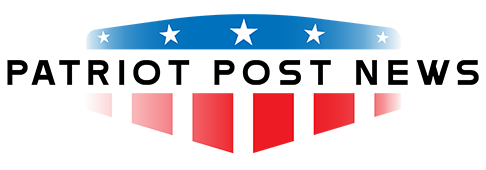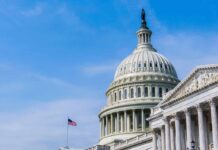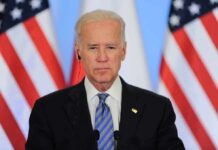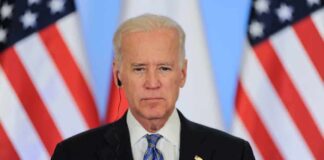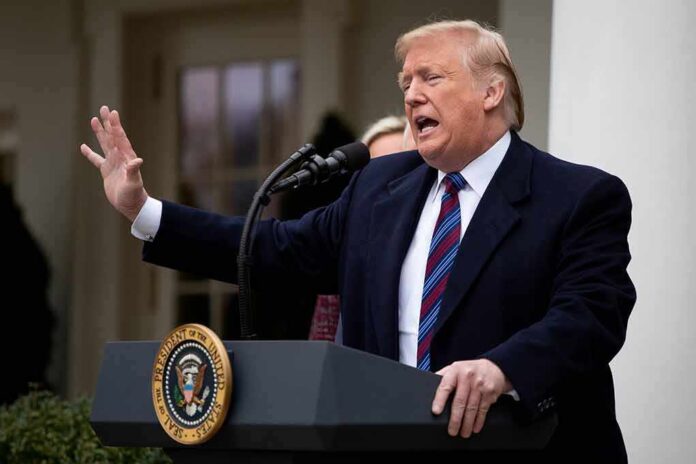
The bold decision by President Trump to dismiss two Democratic FTC commissioners has sparked a potentially landmark legal battle over executive power.
Key Insights
- Trump’s dismissal of Bedoya and Slaughter challenges the autonomy of the Federal Trade Commission (FTC).
- The firing of FTC commissioners tests the boundaries of presidential power over independent agencies.
- The legal challenge could impact the future governance of independent regulatory bodies.
- Commissioners Bedoya and Slaughter argue their removal undermines the FTC’s independence and public interest mission.
Trump’s Controversial Move
President Donald Trump has fired FTC Democratic commissioners, Alvaro Bedoya and Rebecca Kelly Slaughter, asserting control over what is traditionally seen as an independent regulatory body. This move raises questions about the permissible extent of his influence over such agencies. Trump has often expressed the desire to have more influence over regulatory bodies and his actions against the FTC commissioners illustrate this stance.
The dismissals have prompted Bedoya and Slaughter to take legal action, claiming their removal is unlawful. Both assert that their dismissals are not in line with past Supreme Court rulings which they believe safeguard the independence of the FTC, arguing that removal should only occur for cause. The legal challenge presented may redefine the interpretation of presidential powers in relation to independent regulatory bodies like the FTC.
Pres Trump sets up what will be a seminal Supreme Court case by dismissing two Democratic FTC Commissioners leaving just two Republicans. This is in clear contravention to a "1935 Supreme Court case known as Humphrey’s Executor v. United States, [which] upheld job protections… pic.twitter.com/o3U93dpiB6
— Neil Sethi (@neilksethi) March 19, 2025
The President’s Authority
The legal confrontation stems from Trump’s belief in the authority vested in the president to manage personnel within the executive branch, grounded in Article II of the Constitution. However, this move is viewed by critics and political figures as an overreach, potentially setting a precedent that could backfire if a Democrat assumes office. Bedoya, who was appointed by former President Biden, stated, “The president just illegally fired me. This is corruption plain and simple.”
The FTC, which enforces consumer protection and antitrust laws, typically comprises commissioners who serve staggered seven-year terms, protecting it from immediate political fluctuations. Despite this setup, the White House maintains Trump has unrestricted power to remove executive officers, including FTC commissioners.
The Implications of FTC Commissioner Removal
The firings have triggered alarms about agency autonomy and the future landscape of federal regulatory governance. This ties back to a key Supreme Court decision from 1935, Humphrey’s Executor v. United States, which limits the presidential power to remove FTC commissioners without cause. Trump’s move could be seen as a direct challenge to this precedent, and thus has ramifications for other agencies like the Federal Reserve, crucial for economic stability.
With only two remaining Republican members, the FTC faces a potentially dramatic shift in its operation. Insider views suggest Trump wishes to appoint members more aligned with his policies, bringing to the fore concerns from advocacy groups and political figures regarding the agency’s ability to function impartially and in the public’s interest. Such changes could have significant implications for consumers, as noted by Slaughter who warned that removing the commissioners could benefit powerful corporations at the expense of the public.
Sources:
- Trump fires 2 Democrats on the Federal Trade Commission, seeking more control over regulators | AP News
- White House pledges to defend FTC firings in court
- Trump fires both Democratic FTC commissioners, setting stage for legal brawl
